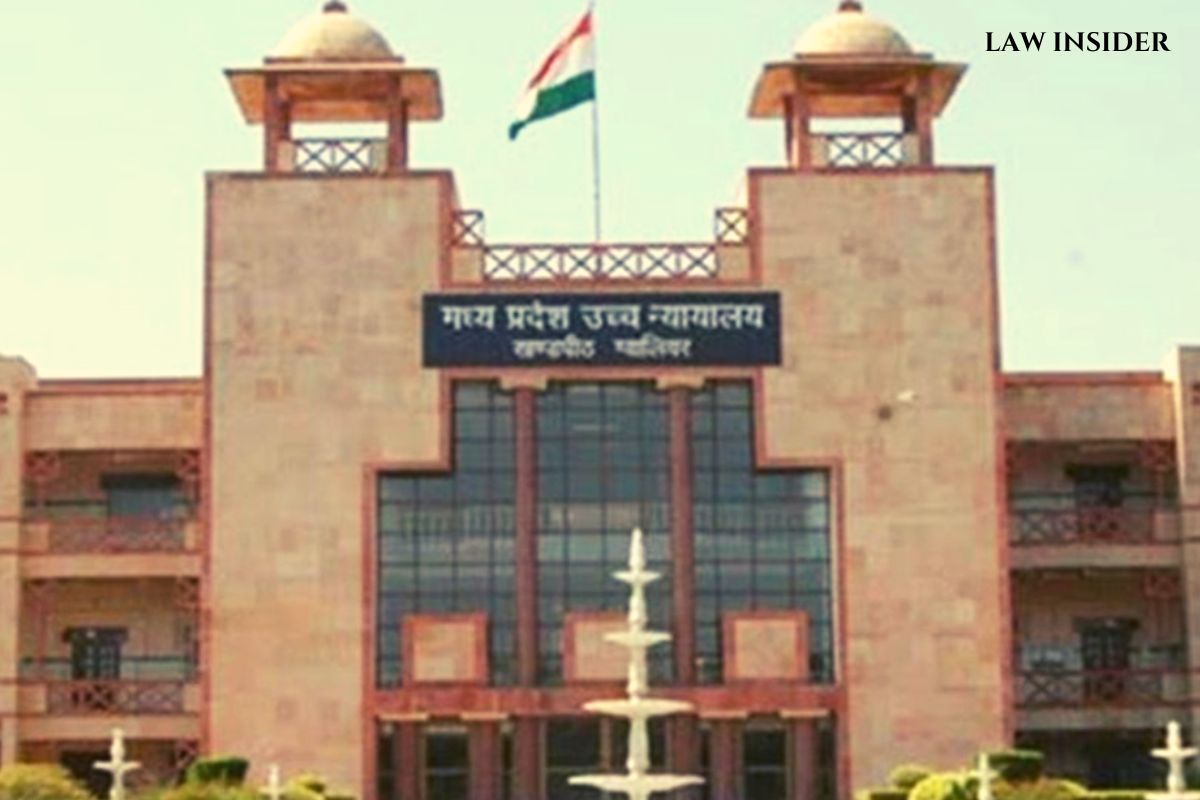LI Network
Published on: October 9, 2023 at 00:12 IST
The Madhya Pradesh High Court, Indore Bench, declared that an election petition lacking properly framed issues and not adhering to the provisions outlined in the Code of Civil Procedure, 1908, specifically Rule 11 of the M.P. Panchayats (Election Petitions, Corrupt Practices, and Disqualification for Membership) Rules, 1995, would be deemed contrary to the law and a violation of natural justice principles.
The judgment was delivered by Justice Subodh Abhyankar, who emphasized that the absence of framed issues in the election petition violated the essential tenets of natural justice.
The court, in its ruling, set aside the challenged order and remanded the case back to the Election Tribunal for reconsideration.
Justice Abhyankar stated, “Upon reviewing the impugned order, it is evident that the necessary issues were not framed. In such circumstances, it cannot be deemed that the election petition was decided in accordance with the law. Framing issues is crucial, as they form the basis upon which evidence is presented and assessed by the Trial Court.”
The case in question, titled Ramesh Bhabor v. The State of Madhya Pradesh & Ors., involved a petition filed under Article 226 of the Constitution of India.
The petitioner contested an order dated May 9, 2023, issued by respondent No.2, Sub-Divisional Officer, which rejected the petitioner’s election petition against the election of Respondent No.3 as Sarpanch of Gram Panchayat Khokhar Khandan, Jhabua, under Section 122 of The Madhya Pradesh Panchayat Raj Avam Gram Swaraj Adhiniyam, 1993.
The petitioner, represented by Advocate Jayesh Gurnani, argued that the election petition was improperly decided due to the absence of framed issues, a clear violation of the M.P. Panchayats (Election Petitions, Corrupt Practices, and Disqualification for Membership) Rules, 1995.
The respondents, represented by G.A. Vaibhav Bhagwat, did not contest this contention, but claimed that the objection had not been raised during the proceedings. They further stated that the petitioner had been given ten opportunities to present evidence.
In response, the bench, while accepting the petitioner’s argument, set aside the contested order and resolved the matter accordingly.
This ruling emphasizes the importance of adhering to legal procedures and principles of natural justice in the adjudication of election petitions, ensuring fairness and transparency in the democratic process.

